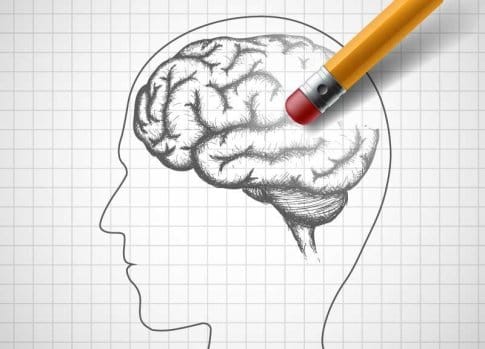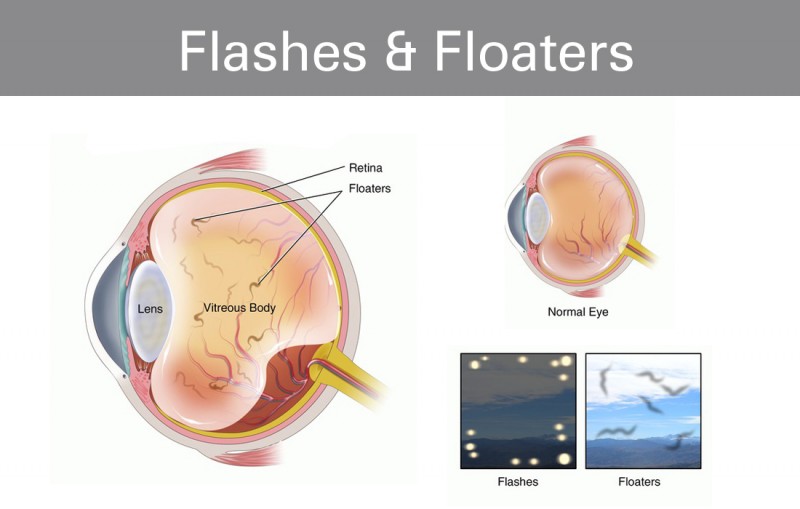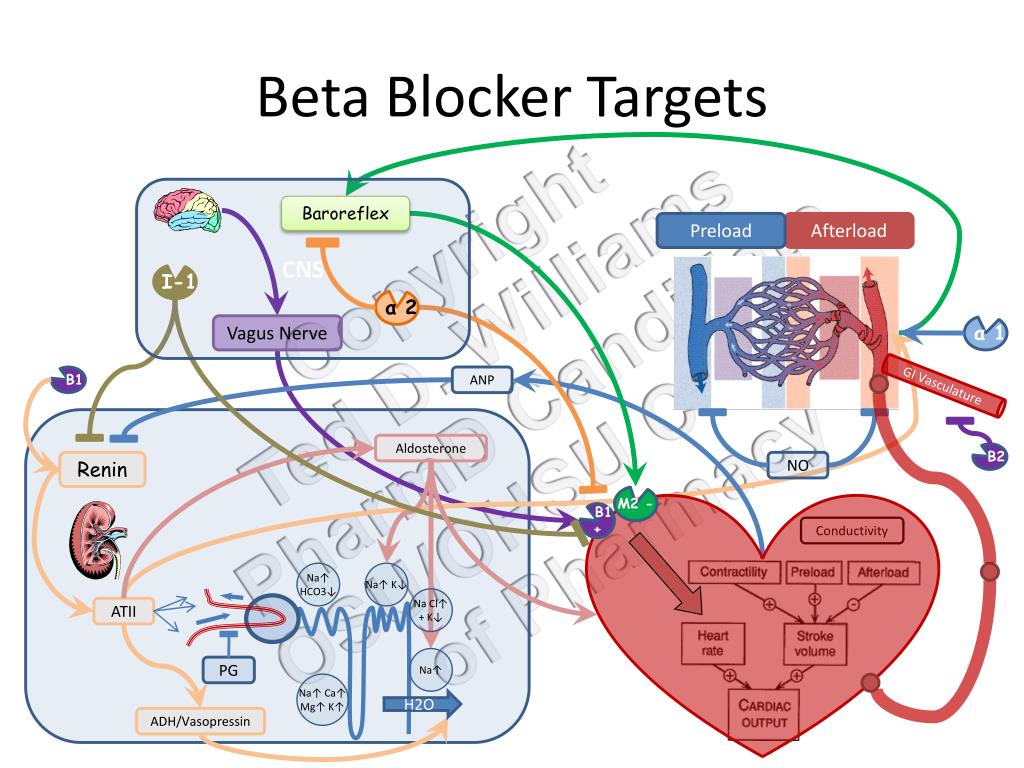Early Detection of Dementia - Breaking Down the Hidden Years

The Hidden Years of Dementia: Understanding the Timeline
Dementia is a complex and multifaceted condition that affects millions of people worldwide. While it is commonly associated with memory loss and cognitive decline, the reality is that dementia's impact extends far beyond the visible symptoms. In fact, the hidden years of dementia, which refer to the period between the onset of brain changes and the appearance of noticeable symptoms, can span decades.
Brain Changes Can Occur 10-20 Years Before Noticeable Symptoms
Research has shown that brain changes associated with dementia can begin as early as 10-20 years before noticeable symptoms appear. During this time, toxic proteins and inflammation can build up in the brain, slowly eroding cognitive function. Despite these changes, individuals may appear healthy and functioning normally, making early detection a significant challenge.
Dementia Symptoms May Appear Years After Brain Changes Begin
The delay between brain changes and noticeable symptoms is a critical aspect of dementia's hidden years. As brain damage accumulates, subtle changes in behavior, mood, and cognitive function may become apparent, but these can be easily attributed to other factors, such as stress, aging, or fatigue. It is only when symptoms become more pronounced and disabling that individuals seek medical attention, often marking the beginning of a long and difficult journey.
Early Detection is Crucial for Effective Management and Slowing Progression
Given the extended period between brain changes and noticeable symptoms, early detection of dementia is crucial for effective management and slowing disease progression. By identifying individuals at risk or in the early stages of dementia, healthcare professionals can implement interventions that promote cognitive health, reduce symptoms, and enhance quality of life. Early detection also enables individuals and families to plan for the future, make informed decisions, and access vital support services.
Recognizing the Signs: Common Symptoms of Dementia
Dementia is a complex condition that affects individuals in different ways, making early detection crucial for effective management and care. Identifying the common symptoms of dementia can help you recognize the warning signs in yourself or a loved one, enabling timely intervention and support.
Memory Loss and Difficulty Learning New Information
One of the primary indicators of dementia is memory loss, particularly in the short-term. Individuals may struggle to recall recent events, learn new information, or remember familiar words and names. This cognitive decline can impact daily life, making everyday tasks more challenging.
Communication and Language Problems
People with dementia may experience difficulties with communication and language, including:
- Struggling to find the right words
- Following conversations or understanding written text
- Using incorrect words or phrases
- Repeating themselves or having trouble with word retrieval
Mood Changes, Such as Depression or Anxiety
Dementia can lead to significant mood changes, including:
- Depression, which can manifest as feelings of sadness, hopelessness, or withdrawal
- Anxiety, causing agitation, restlessness, or fearfulness
- Emotional instability, resulting in rapid mood swings
Difficulty with Problem-Solving and Judgment
Individuals with dementia may experience challenges with problem-solving, decision-making, and judgment, including:
- Difficulty with abstract thinking or understanding complex concepts
- Struggling to evaluate risks or make sound judgments
- Challenges with planning, organization, or time management
Recognizing these common symptoms of dementia can help you take the first step towards early detection and intervention. If you or a loved one is experiencing any of these signs, consult a healthcare professional for guidance and support.
Types of Dementia: Causes and Characteristics
Dementia is a complex and multifaceted condition, and understanding its various forms is crucial for early detection and effective management. There are several types of dementia, each with distinct causes and characteristics.
Alzheimer's Disease
Alzheimer's disease is the most common type of dementia, accounting for 60-80% of cases. It is a progressive neurological disorder that affects memory, thinking, and behavior. The exact cause of Alzheimer's is still unknown, but research suggests that it may be related to a combination of genetic, lifestyle, and environmental factors.
Vascular Dementia
Vascular dementia is the second most common type of dementia, and it is linked to reduced blood flow to the brain. This can be caused by a series of small strokes, a single large stroke, or other conditions that damage blood vessels and reduce circulation. Vascular dementia can also co-exist with Alzheimer's disease.
Lewy Body Dementia
Lewy body dementia is characterized by the presence of abnormal protein clumps called Lewy bodies in the brain. This type of dementia can cause fluctuations in cognitive function, hallucinations, and sleep disturbances. Lewy body dementia can also be associated with Parkinson's disease and other neurodegenerative disorders.
Frontotemporal Dementia
Frontotemporal dementia is a rare type of dementia that affects younger adults, often with a family history of the condition. It is characterized by changes in personality, behavior, and language, and can also be associated with motor dysfunction and other neurological symptoms.
Diagnosis and Detection: Tools and Strategies
Early detection of dementia is crucial for effective management and treatment. A comprehensive diagnostic approach involves a combination of clinical assessments, laboratory tests, imaging techniques, cognitive evaluations, and biomarker testing.
Clinical Assessment and Medical History
A thorough clinical assessment is the first step in diagnosing dementia. This involves: Reviewing medical history to identify potential risk factors and underlying health conditions Conducting physical examinations to rule out other potential causes of symptoms Evaluating medications and their potential impact on cognitive function Assessing mental status, including mood, thought processes, and behavior A healthcare professional will typically use standardized tools, such as the Mini-Mental State Examination (MMSE) or the Montreal Cognitive Assessment (MoCA), to evaluate cognitive function.
Lab Tests and Imaging
Laboratory tests and imaging techniques help rule out other potential causes of symptoms and support a dementia diagnosis: Blood tests to check for vitamin deficiencies, thyroid function, and other potential underlying conditions Urine tests to detect infections or other underlying conditions Imaging tests, such as: Magnetic Resonance Imaging (MRI) to evaluate brain structure and detect potential abnormalities Computed Tomography (CT) scans to rule out other potential causes of symptoms, such as strokes or tumors Positron Emission Tomography (PET) scans to evaluate brain function and detect potential abnormalities
Cognitive and Neuropsychological Evaluations
Cognitive and neuropsychological evaluations assess cognitive function, including: Memory and learning Language and communication Executive function and problem-solving Visuospatial skills Mood and behavior Standardized tests, such as the Neuropsychiatric Inventory (NPI) or the Cognitive Abilities Screening Instrument (CASI), help evaluate cognitive function.
Biomarker Testing for Early Detection
Biomarker testing is a promising area of research for early dementia detection: Amyloid beta and tau protein testing in cerebrospinal fluid (CSF) or blood Imaging biomarkers, such as amyloid PET scans Genetic testing for risk factors, such as APOE-ε4 While biomarker testing is not yet widely available, it shows potential for early detection and monitoring of dementia progression.
Managing Dementia: Treatment Options and Support
Dementia management involves a combination of medical interventions, lifestyle modifications, and caregiver support. While there is no cure for dementia, early detection and timely interventions can significantly improve the quality of life for individuals with dementia and their caregivers.
Medications for Symptom Management
Various medications are available to manage dementia symptoms, including cholinesterase inhibitors, memantine, and combination therapy. These medications can help alleviate cognitive symptoms, such as memory loss and confusion, as well as non-cognitive symptoms, like agitation and aggression.
Lifestyle Modifications
Lifestyle changes play a crucial role in dementia management. Regular exercise, social engagement, and cognitive stimulation can slow down disease progression and improve overall well-being. A balanced diet, stress management, and adequate sleep are also essential for individuals with dementia.
Cognitive Training and Therapy
Cognitive training programs, such as cognitive-behavioral therapy (CBT) and cognitive stimulation therapy (CST), can help individuals with dementia develop coping strategies and improve cognitive function. These programs focus on enhancing memory, attention, and problem-solving skills.
Caregiver Support and Resources
Caregivers play a vital role in dementia management. Support groups, counseling, and respite care can help caregivers cope with the emotional and physical demands of caregiving. Additional resources, such as home care services and adult day care programs, can also provide necessary assistance.
Reducing Risk Factors: Prevention and Early Intervention Dementia is a complex condition, and while there is no guaranteed way to prevent it, research suggests that certain lifestyle modifications and interventions can significantly reduce the risk of developing dementia. By understanding and addressing these risk factors, individuals can take proactive steps towards protecting their cognitive health. Healthy Lifestyle Choices Maintaining a healthy lifestyle is crucial in reducing the risk of dementia. This includes: Engaging in regular physical exercise, such as walking, jogging, or yoga, to improve cardiovascular health and boost cognitive function Following a balanced diet rich in fruits, vegetables, whole grains, and omega-3 fatty acids Getting adequate sleep (7-9 hours) each night to aid in brain rejuvenation Limiting alcohol consumption and avoiding smoking Managing Chronic Conditions Certain chronic conditions, if left unmanaged, can increase the risk of dementia. It is essential to: Monitor and control blood pressure to prevent hypertension-related damage Manage diabetes through medication, diet, and exercise to prevent complications Regularly check cholesterol levels and maintain healthy lipid profiles Staying Mentally and Socially Active Cognitive and social stimulation plays a vital role in maintaining brain health: Engage in mentally stimulating activities, such as reading, puzzles, or learning new skills Participate in social activities, such as volunteering, joining clubs, or spending time with loved ones Build and maintain strong relationships to foster emotional support and connection Regular Health Check-Ups and Screenings Early detection and intervention are critical in reducing dementia risk. Schedule regular health check-ups to: Monitor cognitive function and address concerns promptly Screen for chronic conditions and manage them effectively Discuss lifestyle modifications and prevention strategies with your healthcare provider By incorporating these preventive measures into daily life, individuals can significantly reduce their risk of developing dementia. While these strategies are no guarantee, they offer a powerful tool in the fight against cognitive decline.
Conclusion: Taking Control of Dementia Care
The journey of understanding and coping with dementia can be overwhelming, but it's essential to remember that early detection and intervention are key to effective management. By acknowledging the hidden years of dementia and taking proactive steps, individuals and families can regain control of their lives.
Empowerment through Education and Support
Staying informed and empowered through education and support is crucial in navigating the complexities of dementia care. This knowledge enables individuals to make informed decisions, advocate for themselves or loved ones, and access resources and services that can significantly improve quality of life.
Self-Advocacy and Support Networks
Advocating for oneself or loved ones with dementia is vital in ensuring their needs are met and their voices are heard. Building a support network of family, friends, and healthcare professionals can provide emotional support, practical help, and guidance throughout the journey.
Proactive Management and Care
Early detection and intervention allow for proactive management and care, enabling individuals to live fulfilling lives and maintain their independence for as long as possible. By taking control of dementia care, individuals and families can create a supportive environment that fosters dignity, compassion, and understanding.















Comments ()